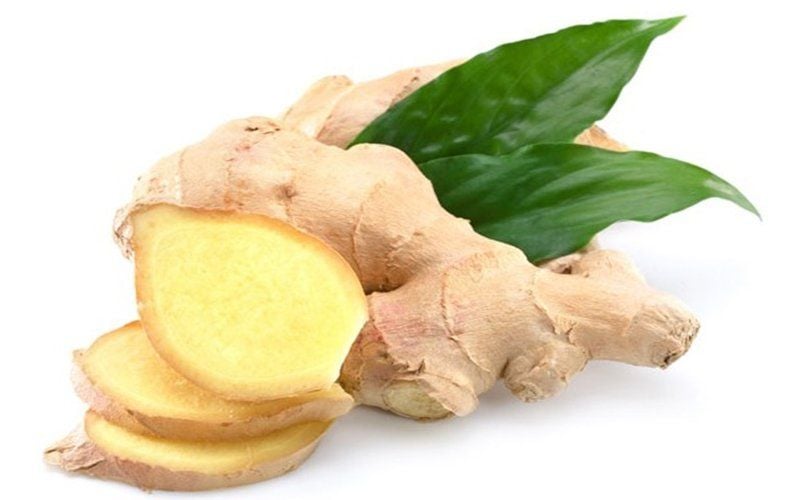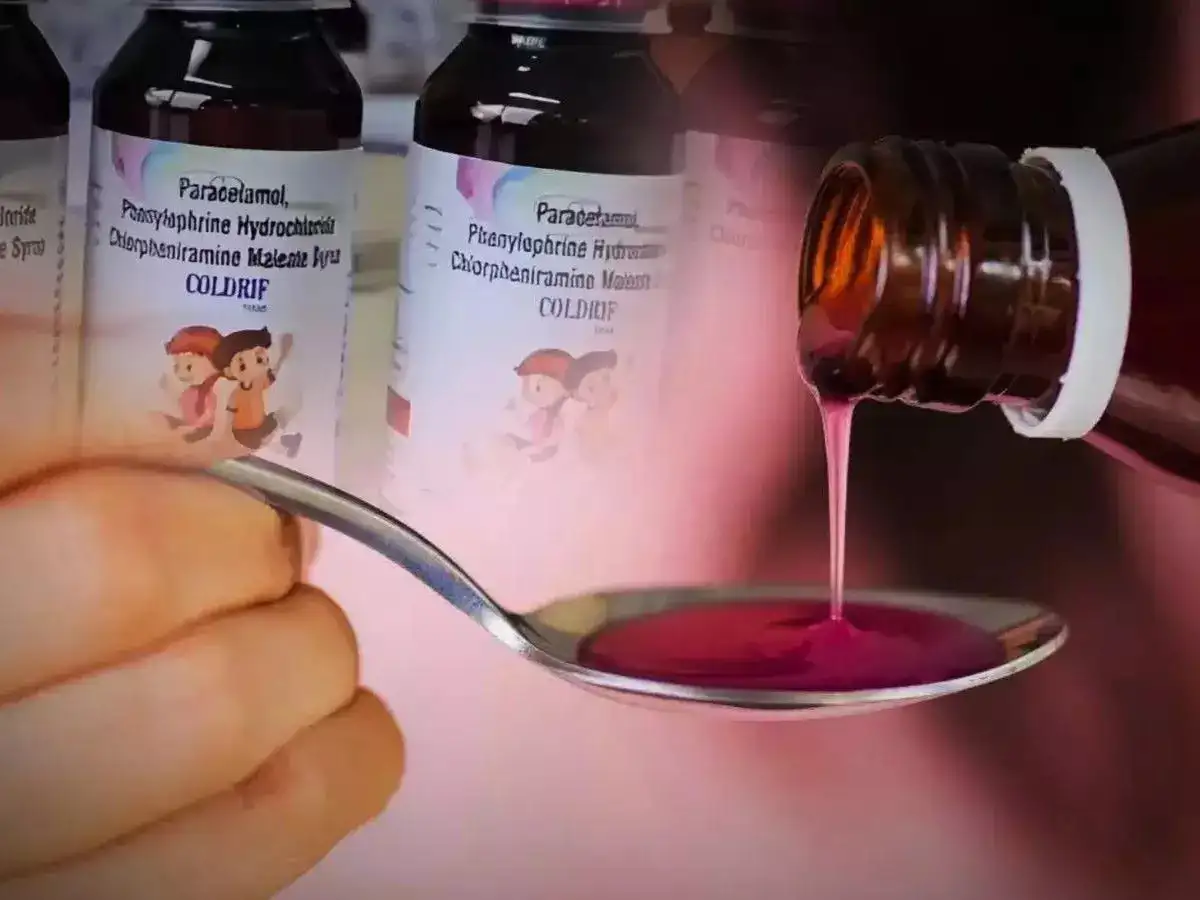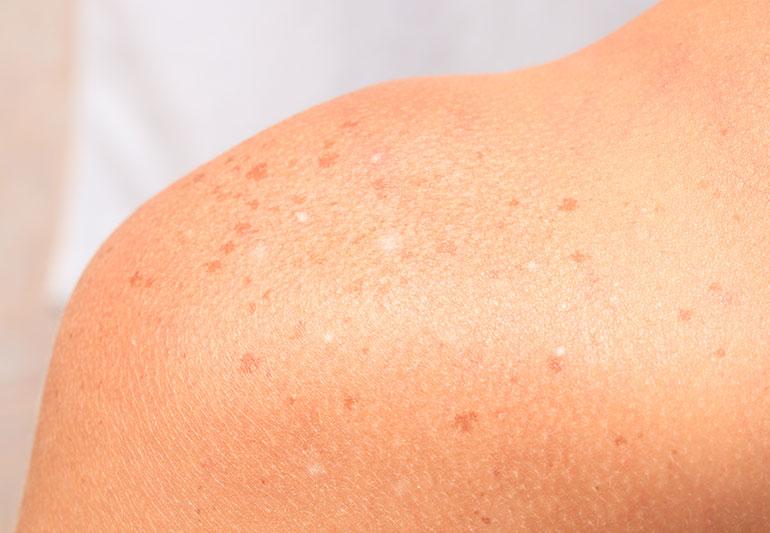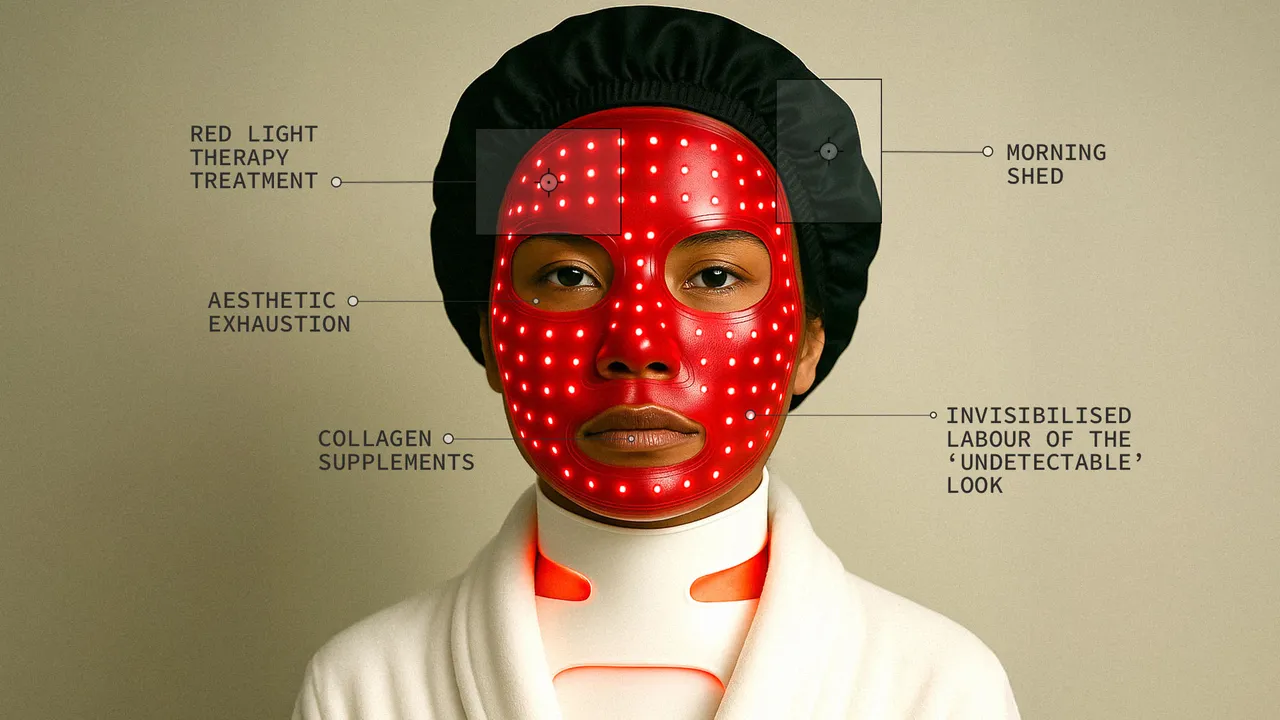Health & Beauty
What causes cavities to occur? Actions one can do to prevent them from expanding
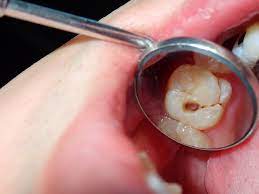

By Kajal Sharma - 25 Jan 2024 09:16 PM
A cavity, sometimes referred to as dental caries, is a hole in a tooth brought on by dental disease. The hard outer layer of teeth, called enamel, erodes when acids from the mouth wear it down, causing cavities. Everyone is susceptible to cavities, but they can be prevented with regular dental cleanings and excellent oral hygiene.On the surface of teeth, they are caused by bacteria that convert sugar to acid. The Streptococcus mutans bacteria is the most common aggressor. Microorganisms form a sticky film known as plaque. Since calcium and phosphate make up the majority of the enamel on your teeth, the acids in plaque demineralize it by removing these minerals. This erosion leaves the enamel with tiny holes in it.
When acid damage reaches the layer of dentin underlying the enamel, a cavity forms.Tooth decay can happen to anyone at any age, even though dental cavities are more common in children. This is because a lot of children overindulge in sugary foods and drinks and don't wash their teeth properly or often enough. Cavities can also affect adults. Occasionally, the edges of cavities that were filled as children may develop new degeneration. Gum recession is more prevalent in adulthood as well. Cavities may result from this condition exposing the base of your teeth to plaque.Dental deterioration is exacerbated by inadequate consumption of vitamin D. Experiencing dry mouth or a medical condition that reduces salivary flow? Eating sticky or sweet meals that stick to teeth is another risk factor for cavities. Regular consumption of carbonated drinks, like soda, can also lead to tooth pits and cavities. Acid reflux heartburn can also erode teeth. Among the other causes of tooth decay are eating late at night and not brushing your teeth enough.some old practice called "oil pulling" involves swishing some oil, like coconut or sesame, about in your mouth for about twenty minutes, and then spitting it out. Claims that oil pulling "removes toxins" from the body are unsupported by any evidence. But according to a small, triple-blind, placebo-controlled research trial, oil pulling with sesame oil reduces plaque, gingivitis, and oral bacterial counts just as well as mouthwash with chlorhexidine. Further investigation is necessary to confirm these effects.


